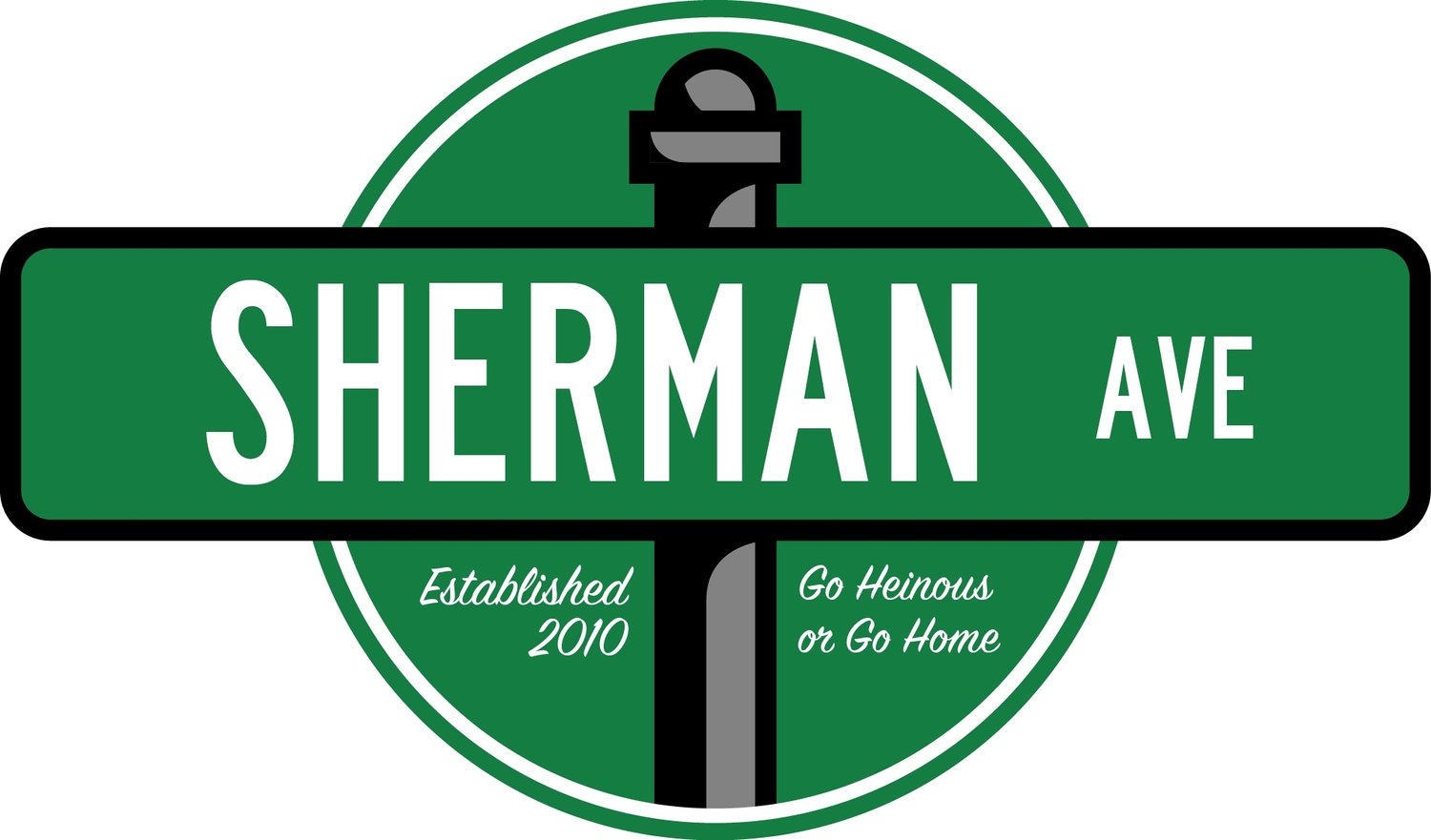The DEFINITIVE Greek Life Op-Ed
The Daily Northwestern is arguably the best college newspaper in the entire nation, nay, the world. So why is it that over the past few months, they have had to settle for s-o-o-o-o many half-baked, highfalutin editorials on why “Greek life is this” or “Greek life is that” or blah blah blah blah blah. These “columns” are outdated, uninformed, and redundant, or better yet, redundant. For the purposes of saving Northwestern integrity and preserving the esteemed repute of American journalism, I have decided to write the DEFINITIVE op-ed about Greek life, once and for all ending this childish discussion:
Here we go.
Life in ancient Greece can be broken down into three distinct components: the arts, the military, and the body politic. In alignment with the trends of historical analysis, we shall begin with the arts.
While Greece, in the prime of its hegemony, consisted of various city-states in and around the Mediterranean basin, its artistic hub was indubitably Athens proper. Replete with novel theatres, daring landscapes, and an impassioned culture, Athens provided both the necessary resources and audience for artistic excellency. It is here that Praxiteles sculpted his Hermes, Sophocles penned his Antigone, and, of course, Phidias envisioned his Parthenon. The impact of these artists quickly spread to other areas in Greece, transforming a city scene into a national spectacle. Soon enough, the Greek wind was blowing with creativity, invigorating those who endeavored, and astonishing those who witnessed.
We must now turn our attention to the role of the military in ancient Greek life. Well before the rise of technology and the governmental acquisition of the mind of man, imperialism was the only large-scale way of spreading power. As a result, for a city-state to be competitive, it needed a strong military, one composed of citizens-turned-soldiers fighting for their land and their lives. As this statement might suggest, the citizen had a duty, and there was no greater duty than that of the men of ancient Greece. With bravery and heart, the men trained for military service, and when the time came to fight, they fearlessly obliged. Utilizing a hoplite phalanx strategy, the soldiers fought on foot, and in the heyday of the Delian league, compromise was not an option—it was winner take all.
Our final analysis of ancient Greek life will concern the contemporary body politic; it is here that the true genius of this classic society will become apparent. As we have already seen with regards to the arts, Athens was the center of Grecian culture—the same applies to politics. From Athens came the development of democracy; Athens itself, however, was not a democracy as we know it, but a direct democracy. This means that the citizens (if you’re still reading this then you missed the joke) did not require the service of representatives, but voted on issues themselves, in what was then known as the ecclesia, or democratic assembly. As we can see, in addition to that of the military, the men of Athens also had a political duty: to contribute. Individual contribution to the politics of the society was necessary for its survival, and as a result, citizens took great pride in their civic voice. The body politic was the glue that held ancient Athens together, and its innovative foundation continues to influence societies in the modern political arena.






